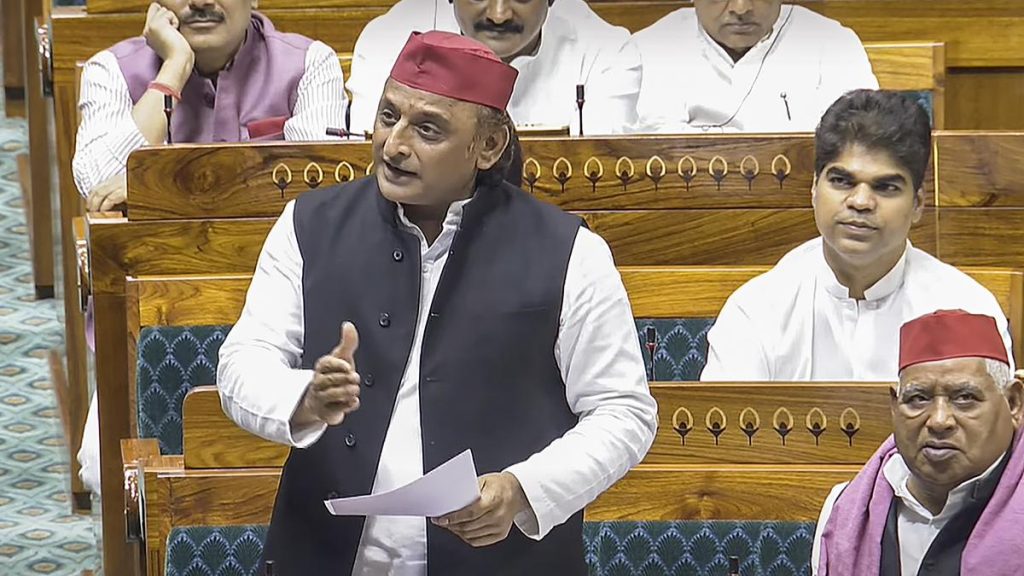Now Reading: Alien Enemies Act: Understanding the 1798 Law and Its Historical Use
-
01
Alien Enemies Act: Understanding the 1798 Law and Its Historical Use
Alien Enemies Act: Understanding the 1798 Law and Its Historical Use

Speedy Summary:
- The alien Enemies Act, part of the 1798 Alien and Sedition Acts, gives U.S. presidents extensive powers to manage non-citizens during wartime. It remains active legislation today.
- President Donald Trump recently invoked the Act in an executive order targeting members of Venezuelan gang Tren de Aragua accused of conducting “irregular warfare” against the U.S., deporting over 200 individuals to El Salvador despite debate over their alleged gang ties. A federal judge temporarily blocked further deportations but legal appeals continue as those already deported remain detained abroad.
- Critics argue that Trump’s use of the law is unprecedented since no formal war with Venezuela exists; federal judge James E. Boasberg noted its submission raises “thorny legal issues.”
- Historically, the Act has been used sporadically-during the War of 1812 and World Wars I & II-to restrict or detain foreign nationals deemed threats based on nationality alone, often bypassing due process protections and fueling civil rights controversies over time.
Indian Opinion analysis:
The invocation of historical wartime laws like the Alien Enemies Act by modern administrations raises significant questions about power dynamics in times where no formal wars exist. for India-a nation with its own intricate history around civil liberties-it serves as a reminder about balancing national security with individual freedoms under laws devised for different eras or contexts. Trump’s use may set a broader precedent globally regarding how old statutes are wielded against contemporary challenges like migration and transnational organized crime groups linked to instability or violence.
For Indian policymakers monitoring international norms on immigration policy frameworks and human rights accountability,this situation underscores an example where executive action using archaic legislation intersects directly with current judicial skepticism about proportionality-and could influence multilateral dialogues around such matters.

























